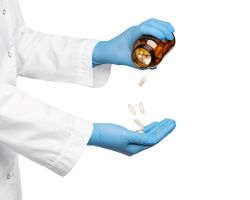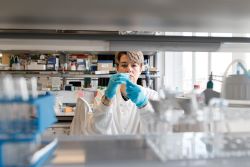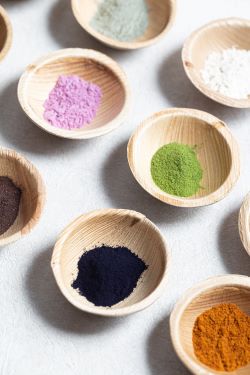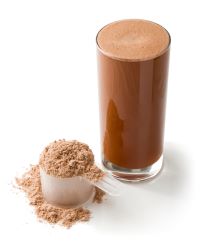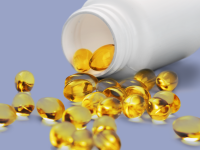
Andrzej Benkowski
Technical Manager, Probiotics & Dietary Supplements
As the Technical Manager at Eurofins Center of Excellence for Probiotics, Andrzej Benkowski brings over 18 years of expertise in biotics quality management, testing, and technology. With a strong technical background in food microbiology, Andrzej specializes in contract R&D, method development, and pioneering technologies for probiotic evaluation.
Since 2019, Andrzej has chaired the International Probiotic Association (IPA) Technical Committee and has been a member of the IPA Board of Directors since early 2024. He also contributes to the IPA Postbiotics Committee and has served as the IPA expert liaison with the International Organization for Standardization (ISO) TC34/SC9 Working Group 11 since 2022, co-convening their Enumeration Subgroup.
Andrzej is dedicated to advancing the biotics industry by setting rigorous standards and driving innovation with a focus on quality.
Outside of his professional and scientific achievements, Andrzej is a member of the Eurofins Madison Site Employee Engagement Team and manages the Community Supported Agriculture (CSA) Program for the site. A founding member of the funk band Steez, he also plays saxophone, synthesizers, and vocals. Andrzej enjoys the outdoors, spending time with his family, and pretending to be a coffee aficionado. Additionally, he has a passion for collecting sneakers and fitted hats.
Below are resources from Andrzej:
Discover expert insights into navigating Out-of-Specification (OOS) results and CAPA investigations. Learn key steps and strategies our technical team uses to resolve unexpected analytical outcomes effectively.
Explore a real-world OOS case study where collaborative investigation revealed formulation challenges as the root cause. Learn how targeted troubleshooting helped a client improve product consistency and manufacturing protocols.
Learn how a lab resolved inconsistent OOS results in a vitamin chew by identifying a wax-related dissolution issue. Discover how method adjustments and tailored procedural notes improved accuracy for unique formulations.
As consumer demand for cleaner labels and naturally derived ingredients continues to rise, many manufacturers of OTC and dietary supplement products are reformulating to remove artificial colors and dyes. While this shift aligns with market trends, it introduces significant challenges—especially when it comes to product stability.
Get key insights from the MAHA Commission’s second report, released September 9, outlining strategic steps for implementation and updates to its original findings.
Discover why analytical testing is essential for dietary supplement and confectionery brands reformulating with natural colors—ensuring compliance, quality, and consumer trust.
Discover how SDS-PAGE, a powerful protein analysis method, supports ingredient quality, transparency, and innovation in the food industry—from meat and dairy to plant-based products.
With growing scrutiny from lawmakers and public health advocates, the once-standard GRAS (Generally Recognized as Safe) process may be on the verge of a major overhaul. In this blog, we break down what GRAS really means, why the self-affirmed process has sparked concern, and how the proposed legislation could redefine the future of ingredient approval in the U.S. food system.
Eurofins Food Chemistry Testing, Madison and Eurofins Assurance are pleased to announce the launch of product certification designed to safeguard the quality of dietary supplements, ingredients and food. Brands, retailers, and facilities in the dietary supplements industry can leverage these new schemes to demonstrate their commitment to regulatory compliance and quality. Click to learn more about this new certification.
Product certification plays a vital role in minimizing the potential risks of adulteration, contamination, and other quality issues in your product. This infographic outlines the steps to earning the Eurofins Assurance Mark for your dietary supplement, ingredient, or food product.




